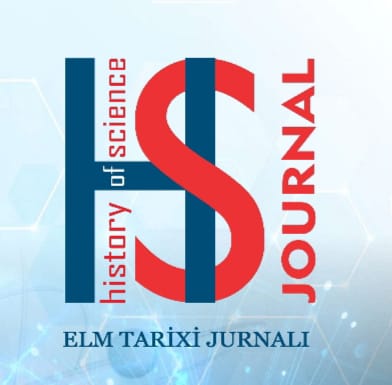One of the main characteristics of Eastern philosophy is adherence to tradition and the preservation of the national spirit. Indian philosophical schools, having passed through the filter of centuries, have retained their originality and, in many cases, continued to develop in accordance with the demands of the time. In India, philosophical thought is primarily characterized by the syncretic content of religion and philosophy. However, the philosophical doctrines formed in the modern era have presented ideas that differ from one another. The worldview of the leaders of the national liberation movement, which gained wide momentum in India in the early twentieth century, is characterized by the idea of nationalism and religious unity. Great Indian thinkers such as M. Iqbal, R. Tagore, M. K. Gandhi, and J. Nehru struggled for the peaceful coexistence of people of different faiths for the sake of the country’s future development. The patriotic feeling of the prominent poet Rabindranath Tagore made him one of the main leaders in the struggle against British colonialism and violence. He understood the path of struggle as the enlightenment of the youth. Mahatma Gandhi put forward the principle of Satyagraha and was a thinker imbued with the spirit of nationalism. The basis of this principle was to ensure that every individual, regardless of religion or nationality, could live peacefully in India and to put an end to all forms of violence. Gandhi’s main desire was to light the way toward the country’s bright future. The foundation of Jawaharlal Nehru’s ideological platform was the demand to abandon religious rules that led people into inertia and to arm themselves with science. Thus, the main goal of the aforementioned thinkers was to determine the ways for the Indian people to advance toward a bright future under national and religious unity.

